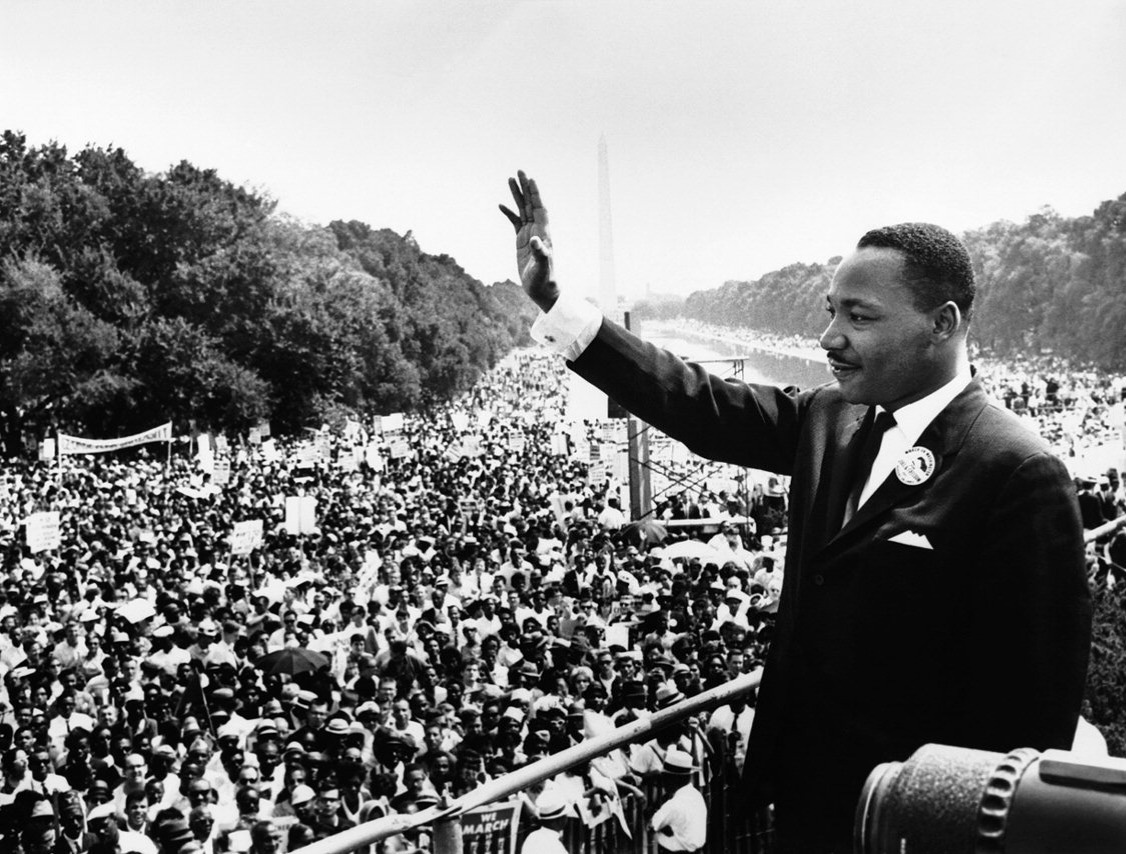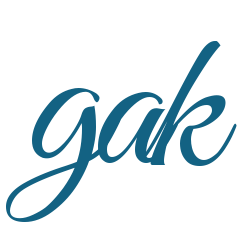
In honor of Black History month, Elias Villarreal, the Assistant Port Director, on behalf of the Port Director, Michael Humphries, at the Douglas, AZ Port of Entry, invited me as their guest speaker for an event they sponsored on February 22, 2013. Prepared remarks follow:
“Elias, I thank you, Michael Humphries, the Port Director, and your colleagues for this opportunity to visit with you today. This is a first for me.
I had the pleasure of working with your organizations earlier in my former career as the American Consul General in Toronto, a major port of entry. Although the Department of Homeland Security did not exist at that time, dedicated professionals like you, did. I admired and respected the service they performed then and that carries through today. On a personal note, I have a niece in Sierra Vista and a nephew serving at the San Diego Port of Entry, that are among your ranks.
I am always intrigued by the themes of Black History month because, in some small way, the theme reflects the state of race relations in this country.
Looking back over the past few decades, we have had countless hours of discussion about Freedom and Equality, what they mean and how they intersect. Too frequently, there was no mandate to achieve consensus on a definition of terms or achievable goals. Too frequently, the discussions were cathartic…they made us feel good; everyone left thinking they had done their bit to advance “the cause” for that year.
In the broader context of history, however, the theme has never been abstract to millions of slaves, immigrants, and those who cross oceans, mountains, rivers, deserts, and hostile borders in search of freedom and the opportunity to gain equality. That search continues to this day for millions in this country. But, for our purposes today, what level of understanding might we achieve about freedom and equality in our time?
I was drawn to your theme this year because the 63′ March on Washington has special significance for me. At that time, I was young, idealistic and imbued with the notion that freedom could be synonymous with equality.
I thought, if I could be judged by performance and achievement, factors I could control, and not race, a factor I could not control, then I could link my freedom with real equality. You see, in 1963, I was embarking upon a career in the Foreign Service of the United States. This was my New Frontier. No one I knew had ever heard of the U.S. Department of State or the Foreign Service.
Each of us has a concept of what it means to be free: to have equal standing in society. For me at that time, it meant the freedom to pursue greater opportunity and, where necessary, even create it. To be free meant having freedom of access to the means to achieve higher education; equal consideration for a professional career; equal consideration for promotion, and equal access in society.
I felt my freedom had been paid for by generations of men from our family serving in two world wars, Korea and, later, Vietnam. That was my expectation, but it was not my reality. It was not the reality for millions of us who accepted at face value that freedom and equality must be inextricably connected.
On that historic day in August 1963, Dr. King spoke of a day when we could be judged by the content of our character. However, I had entered a world where it was the mission of some to decouple freedom to apply from equal access and equality of treatment. My life’s education was about to begin.
For people like me at that time, I had gained access where once I would have been denied, but equality of treatment and opportunity were covertly restricted.
Fast forward a few decades and resistance to equality of treatment and, often opportunity, remains problematic in many professional categories today. And this is in spite of the passage of the Civil Rights Act and the Voting Rights Act. The challenges Dr. King spoke of, endure. The dream of full equality, however, never dies.
I believe that most of us measure success in terms of our freedom to pursue economic opportunity. Success reinforces the idea that you have choices, and choices are what life is about. Among the important choices are to live where you want and build the lifestyle of your choice. For me, as I listened to Dr. King, the question in my mind was: am I now able to aspire to my greatest ambition? Barriers of race, I believed, should now be less significant. Any other barrier I knew I could surmount. Reality had begun to pursue me; it just had not caught up yet.
As I began to build my dream, I encountered resistance where logically there should not have been any. As an Italian-American and senior Foreign Service colleague once told me, George, I know when I am being discriminated against because of my heritage. I knew that I was now experiencing subtle bias based on race.
Barriers of qualification I overcame. It was the other, now more subtle, discrimination that dogged my footsteps. I heard comments like “You are doing very well for a Negro.” “You are a credit to your race!” What did that mean? I had not heard this before!
I was not told that there were two standards of excellence: one for me and one for the rest of my colleagues. Well, reality had caught up and decided it was time for me to understand what the intersection of freedom and equality really meant in 20th century America.
My story became the story of countless others I encountered on my journey to achieve goals I felt were achievable despite the obstacles.
Dr. King’s dream is still a dream for many. The barriers of race, gender, and ethnicity today may be less overt but, 50 years after the March on Washington and 150 years after the Emancipation Proclamation, the barriers are still there. That crossroads of freedom and equality still lacks clarity while dashing the hopes of many who pass through.
I say this because barriers to Freedom and Equality are erected by design: someone chooses to erect obstacles that inhibit your ability to realize a dream. That is why Dr. King spoke of HOPE that one day we will be judged by the content of our character and not by the color of our skin. I would also add ethnicity, or religion, or gender, or sexual orientation.
This brings me to a key point I wish to make: At the crossroads of Freedom and Equality, there is the barrier of expectation. This applies to all of us.
To be even more precise: This is the barrier 76 million of the Millennial Generation will confront. It goes like this:
I am free; I am equal to my peers in education, in training, and experience. My expectation is that I can aspire to, achieve, and exceed the accomplishments of earlier generations. Why not? That is the American story known to tens of millions since the 19th century. But, is that a reasonable expectation today?
I think not. Why? I grew up poor with the principal barrier to real freedom being race, or so I thought. I defined freedom as the freedom to prepare for and choose the direction of my life as an equal to my colleagues, friends, and neighbors.
I was ultimately free to enter the university of my choice without fear of rejection on race. Did my education and experience guarantee equal consideration? No!
The terrain for the younger generation is littered with obstacles different than those confronted by earlier generations. Let’s give this barrier called expectation a face regardless of race, gender or ethnicity.
CONSIDER THE FOLLOWING:
A…It is no longer axiomatic that this new generation will exceed the accomplishments of their parents’ generation. According to a study by the Center for College Affordability and Productivity, the college degree is no longer the ticket to the middle class it once was. This study found that 1 out of 2 Americans with college degrees are working at jobs they’re overqualified for. While less than 5 percent of retail sales clerks had college degrees in 1970, the study found that 25 percent did in 2010. And 15 percent of taxi drivers were college grads in 2010, versus just 1 percent in 1970.
B… Our economy is global today. Outsourcing is the norm and, despite the slowly improving labor market, this trend is likely to continue for new college graduates. The simple fact is the number of people with bachelor’s degrees is growing at a rate that exceeds the creation of jobs demanding college degrees.
C… Manufacturing jobs at home pay half of what they once did and about half of the lost jobs were in mid-paying industries..the backbone of prosperity for earlier generations of immigrants and Americans.
D… Technology continues to replace humans in the workforce or limits the application of the human potential. Many of the good, middle-class jobs won’t be coming back due to new technology
E… Defined pension plans in the private sector are practically non-existent.
In light of these facts, I call the Millennials the “You’re on your own” generation. And that is a first.
Compared to an earlier period in time, what are reasonable expectations of someone who feels free and equal today?
This question bedevils practically every family today with more highly educated young people still living at home. Apart from our homes, the largest investment the average family makes is to educate their children. The ticket to economic mobility and social equality, by tradition for tens of millions of immigrants and African Americans, was a college education.
How many young people stand at that crossroads of freedom and equality wondering what happened? What changed?
The economic terrain has shifted today and is unlikely to resemble its former self. The better choice is to join the ranks of those taking charge of their destiny. There is an appreciable shift in the public’s mood regarding choices to build and sustain a viable future.
Become an entrepreneur! Your options are global today. Previously, that was a part-time choice. Now, many part-time entrepreneurs are full time.
A changing economy, sustained high unemployment along with an assault on workers’ compensation, benefits, and the right to collectively bargain has forced many Americans to take more personal responsibility simply because they want more from their lives.
Put another way, if you are between 18 and 42, lean your career ladder against a different wall; a wall of your own choosing, not the more traditional one you may have preferred or one selected by someone else.
The hard choice now is to make a living or to design a life. Because, making a living is much more difficult than it used to be or, as some would argue, should be.
We live in different times and our choices must reflect an understanding of how we achieve freedom and equality in a 21st century global society.”
